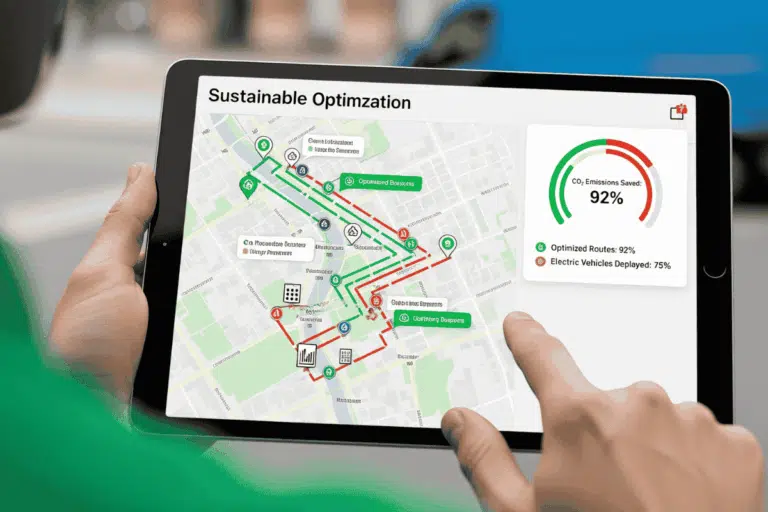TikTok is making a bold move into live commerce. The social media giant is rolling out new policies and incentives to engage sellers, specifically in the US and UK.
The platform’s goal is to turn its massive user base into a lucrative e-commerce ecosystem. It all began with TikTok Shop, and it’s now introducing supportive measures for sellers.
However, the path to live commerce dominance in Western markets is not without its challenges.
£1Million Club: TikTok’s live commerce push
TikTok’s new strategy, called the £1Million Club, is set to “help new merchants hit £1M in revenue on the platform, through a series of special incentives and support at no extra cost,” the company recently announced.
Jan Wilk, head of operations at TikTok Shop in the UK, says this strategy will benefit both big brands and small businesses to “supercharge sales outside of traditional channels.”
“We hope this package of e-commerce solutions and resource support will help UK businesses to grow rapidly by putting their products in front of new audiences,” he adds. Wilk believes there is no better time than now to launch a small business on TikTok Shop.
TikTok’s new policies and changes
In the UK specifically, the platform plans to increase its base commission fee for sellers from 5% to 9%, effective September 2, 2024. However, this increase comes with a twist.
UK market
With TikTok’s ‘Seller Missions’ program, sellers can to reduce their fees by creating a set number of live streams or live shopping videos.
TikTok is also launching a co-funded shipping model on September 4. This feature offers free shipping services.
How? By sharing costs with sellers to increase order conversion rates.
In short: TikTok will charge 0% fees and provide “unparalleled support to help grow members of TikTok Shop’s £1Million Club.”
US market
Meanwhile in the US market, TikTok shop is rolling out an initiative to help cross-border merchants achieve substantial gross merchandise value (GMV) growth, targeting the $1 billion mark.
Incentives include commission reductions and improved logistics services.
Challenges remain
According to KrASIA, several challenges remain, including cultural differences in Western markets, and TikTok’s current performance. The publication notes that the Western market is “vastly different from China’s.”
The concept of live commerce is still a “novel concept” outside of China. Add to that the challenge of helping influencers and shops grow, while providing platform support, and managing international logistics.
It might also take time for sellers to “refine their approach” for the live commerce model to kick into gear. TikTok also notes similar challenges in the Southeast Asian market. The platform vows to “write scripts for them and gradually teach them.”
About the author
Cheryl has contributed to various international publications, with a fervor for data and technology. She explores the intersection of emerging tech trends with logistics, focusing on how digital innovations are reshaping industries on a global scale. When she's not dissecting the latest developments in AI-driven innovation and digital solutions, Cheryl can be found gaming, kickboxing, or navigating the novel niches of consumer gadgetry.











